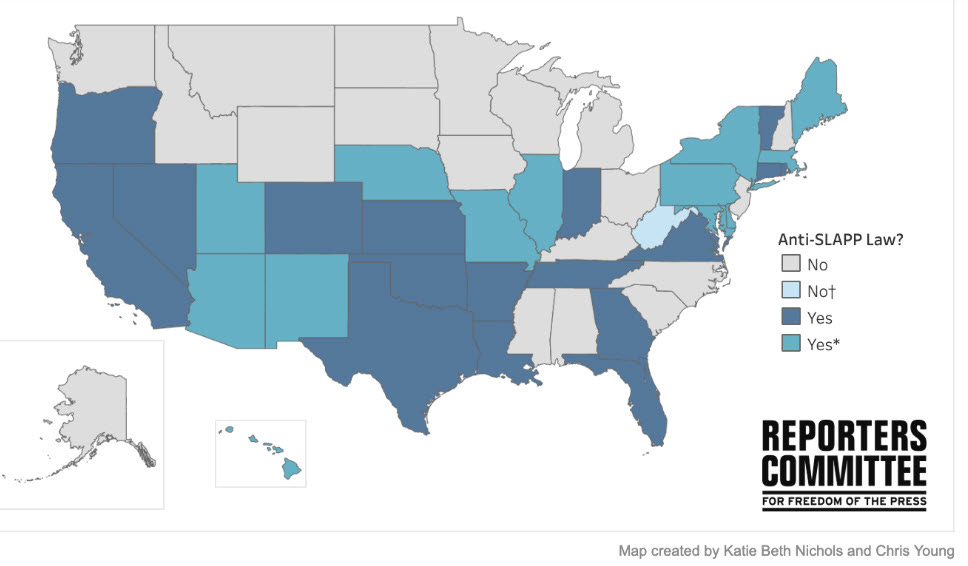To those on Trump's "enemies list," present and future: Protect and expand Anti-SLAPP laws
Prevent chilling threats to derail what should be "The Golden Age of Investigative Journalism"
Keep reading with a 7-day free trial
Subscribe to MOBOLOGY to keep reading this post and get 7 days of free access to the full post archives.





